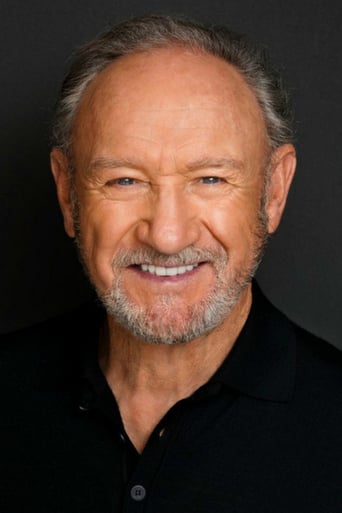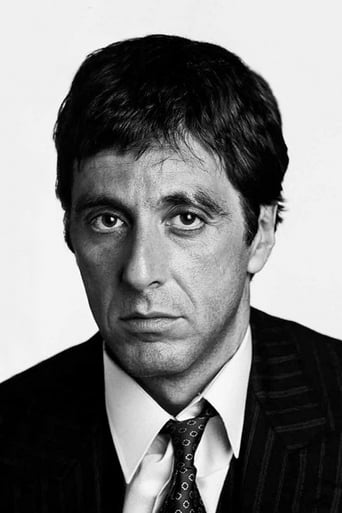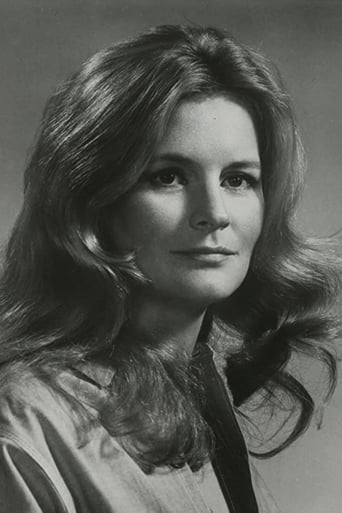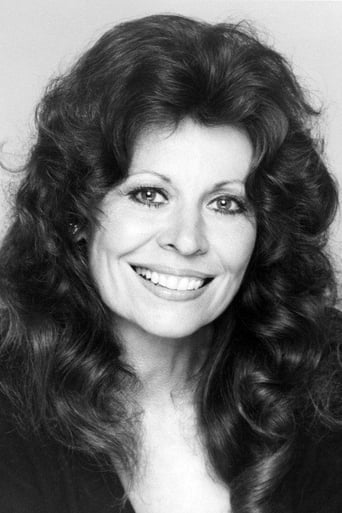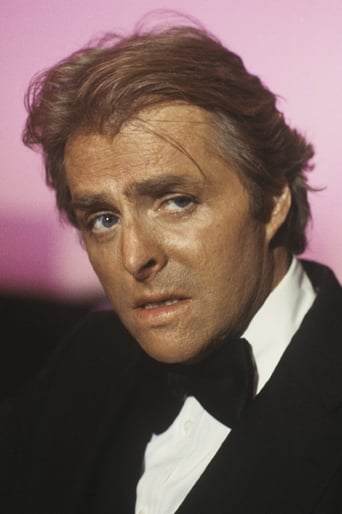lavatch
In the opening scene of "Scarecrow," the character Max (Gene Hackman) has just been released from a six-year prison term and is walking down a hill carrying his suitcase. He then seeks to negotiate a small, barbed-wire fence, but gets enmeshed in the wire and tears his clothes. He then fails to observe a small incline ahead of him and tumbles down the hill on his ass. To add further humiliation, the entire act was observed by another hobo named Francis (or Lionel), as played by Al Pacino. Max prides himself on carefully planning everything out in advance. But he is caught in the lie in the earliest moments in the film.Hackman and Pacino create two unforgettable characters in this oddly matched pair of drifters. While both Max and Lion are running from their past, the film does not dwell on the past or even the future in their shared pipe dream of starting a car wash operation in Pittsburgh. Rather, the focus is on their present adventures, or encounters.Hackman is clearly infusing the character Max with his personal life story of a streetbrawler. At any given moment, his temper can flare and his smiling demeanor can turn on a dime. Pacino's character Lion is similarly on the edge with a disturbing proclivity to act out dramatic moments as a mask for his guilt at abandoning a woman whom he impregnated."Scarecrow" is successful in finding the right balance between the humor and the seething realities of the characters that lie beneath the surface. Nearly all of the small roles in the film are memorable, as the characters who come into contact with Max and Lion sense the danger under the congenial surface of the characters.When "Scarecrow" was released in 1973, film critic Roger Ebert wrote a mediocre review, criticizing the screenplay and the film aesthetics. But those very values are what are so striking today with the decline of quality and risk-taking in films. For this reason, it is difficult to find any "road picture" in the past half century that rises to the level of "Scarecrow."
tieman64
Fittingly for a film awash in "Wizard of Oz" motifs, Jerry Schatzberg's "Scarecrow" opens on a yellow brick road. Max Millan's (Gene Hackman) on one side, Lionel "Lion" Delbuchi's (Al Pacino) on the other, but the gift of a "last match" sparks a friendship which draws both men together.Schatzberg then quickly sketches the personalities of both men. Max is an angry hothead who has just been released from prison and who harbours dreams of starting a business. Lion, in contrast, is a coward who resorts to comedic self depreciation in order to avoid conflict. Both men have severe avoidance complexes, resorting to cowardice or violence, action or inaction, as a means of combating a hostile post-War America. Like Jack Nicholson's "The King of Marvin Gardens" (1972), "Scarecrow" (1973) ultimately watches as two outcasts grapple with delusions, aspirations and an American Dream which exists only to betray."Scarecrow" takes the format of a road-movie, Lionel and Max embarking on a little cross country adventure. Their ultimate destination? Small-town Pittsburgh, where the duo hope to start a car-wash business. Along the way they stop off at Max's sister's home in Denver, and then visit Lionel's ex-lover in Detroit. Both visits point to wasted lives steeped in sadness and regret. Lionel and Max's contradictory personalities may act as a magnet which pulls each towards a "sensible" middle ground, but there are no happy endings here. Lionel ends up in a mental hospital and Max remains a vagabond, a climax which perhaps too similarly echoes that of "Midnight Cowboy" (1969). Last shot? Max hammering a shoe full of dirty cash on a counter, still hopeful, but no closer to his dreams. Gorgeously shot by master cinematographer Vilmos Zsigmound.8/10 – Minor classic. Worth one viewing.
ElMaruecan82
No pun intended but 1973 was a 'good year' for road-movies, "Paper Moon" in comedy and "The Last Detail" in drama, both featured characters crossing a crisis-stricken America, learning to know each other in the process and to embrace the future with brighter hopes. All things come in three with "Scarecrow", Golden Palm winner at Cannes Festival. No child and no sailor, but rather an ex-sailor with a child-like personality: this is Al Pacino as Francis Lionel Delbucci aka 'Lion', and no rookie who's going to jail, no streetwise bad-ass, but a robust and short-tempered ex-convict: this is Gene Hackman as Max Millian, forming with Lion one of the most unlikely and endearing pairing of the New Hollywood period. After the gripping documentary-like "The Panic in Needle Park", Jerry Schwartzberg signs another piece of art about two misfit characters, indulging in more poetical and philosophical statements about life, from two vagabonds who meet in a two-lane road penetrating deserted hills, the fitting setting for two men at the crossroads of their lives. Max wants to go to Pittsburgh where he sent all the money he earned during his jail time, his plan is to open a car wash. And 'Lion' left his girl Annie (Penelope Allen) while she was pregnant. He was so scared he never knew if it was a boy or a girl and never made amend of his irresponsible act except by sending money for five years. Carrying a little lamp in gift-box, he wants to see his child and Annie to forgive him, before starting a new life. The gift-box is the reminder of actions that might contain the roots of his juvenile and optimistic attitude, trying to make people laugh as a way to hide a tormenting guilt. We're inclined to believe this because Max, the one who paid his debt to society, has nothing to blame himself on anymore, and exudes self-confidence and moral strength.The contrast between Lion and Max is the soul of the movie and the cement of their relationship, almost a 'friendship at first sight' but the real decisive step was when Lion gave his last match to Max, a gesture that made Max develop a genuine fondness and instinctive trust of Lion: he proposes a partnership in the car wash business and Lion's acceptance doesn't say much because he strikes as a character who never says 'no'. As the movie goes on, we know more about his philosophy of life, maybe sometimes in a too explicit way. Lion believes that making people laugh is the best antidote against hostility and aggressiveness, in a nutshell, "scarecrows make crow laugh". Al Pacino conveys the illusion of an optimistic nature that hardly hides a desperate desire to be loved and accepted. 'Lion' incorporates within the same character the cowardly lion of "The Wizard of Oz" because he can't face the hideous side of life and the scarecrow with a heart, a big and generous heart. Al Pacino delivers one of his finest performances, even more impressive because it was made right after a total opposite role, as the charismatic and menacing Michael Corleone, indeed, this 'Lion' is no 'Lionheart'.Gene Hackman said it was his favorite performance and I can see why. he plays a strong man, a no-nonsense guy who takes no crap from anyone, who's never reluctant to fight if someone disrespects him, and sticks to his plan of car wash no matter what happens. And unlike Lion aka the scarecrow, he has the brains; he's got intelligence and street smarts. He completes Lion's naivety and lack of realism, while Lion, in his way, injects his joyful and cheerful nature in Max. Yet it would be too convenient to take their complementarity for granted. Yes they complete each other but one has more to learn about life. There's no doubt that the picaresque journey the two characters would take, will teach them a few lessons or two but Max only has to loosen up a bit, and to use a sense of humor while Lion, is the one who'll learn the hard way the limits of his theory about scarecrows, after one crucial visit to Max' sister in Denver that would end in another conviction to jail.Lion is the victim of a rape attempt from an inmate named Riley (Richard Lynch), in a scene even more disturbing because Lion is such an adorable character, he'll try to use humor as a defense, totally blinded by his own naivety, but Riley breaks Lion's shield as if it was made of paper. Max eventually avenges his friend, but after the jail episode, nothing would be the same. There is one crucial moment where Max avoids fighting by starting a striptease, and it's obvious that he pulled some of Lion's character in his attitude. Yet, it's a bittersweet moment, because at the same time, Lion stares at him with melancholy. This look on Pacino's face has been debated countless times, my belief is that he understood how limited he was in this rude life. His happy-go-lucky philosophy only had sense if he could handle tougher situations, a guy like Max can afford to make people laugh because he impresses too. Lion understands that a scarecrow still has to scare crows, otherwise, they eat the seeds. Roger Ebert compared the film to "Easy Rider" and "Midnight Cowboy" with two men joining their efforts for a a better future, I myself found a deeper and more poignant connection with Fellini's "La Strada" especially through its tragic undertones. I was so upset by the film's conclusion that I hesitated to see it twice. But it's truly an absorbing and penetrating film about two misunderstood souls, one strong enough to deal with life, and another one who … well, I can only hope, sincerely hope, for an off-screen happy ending.




